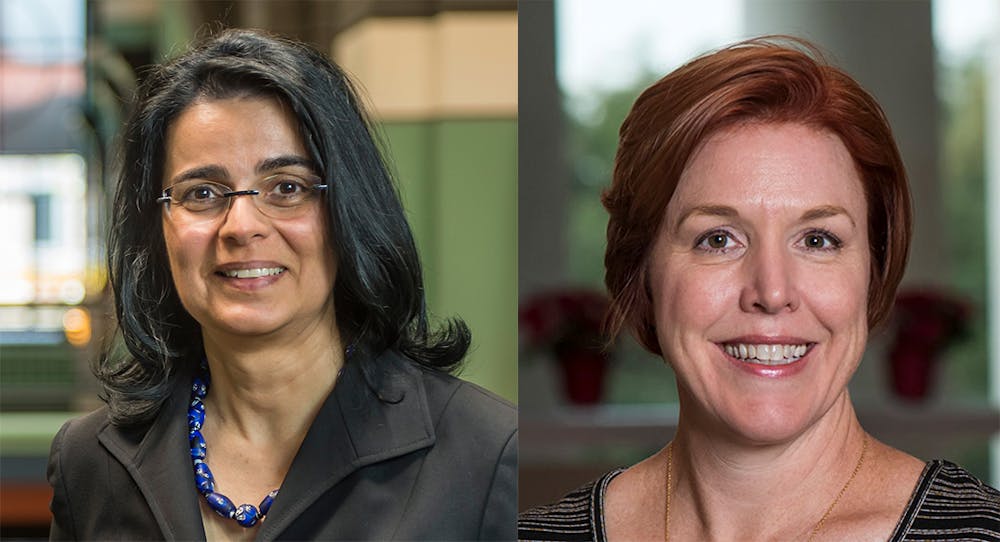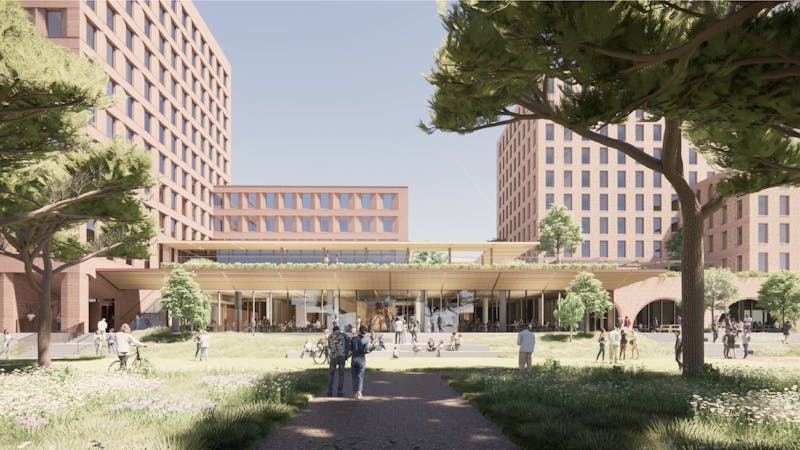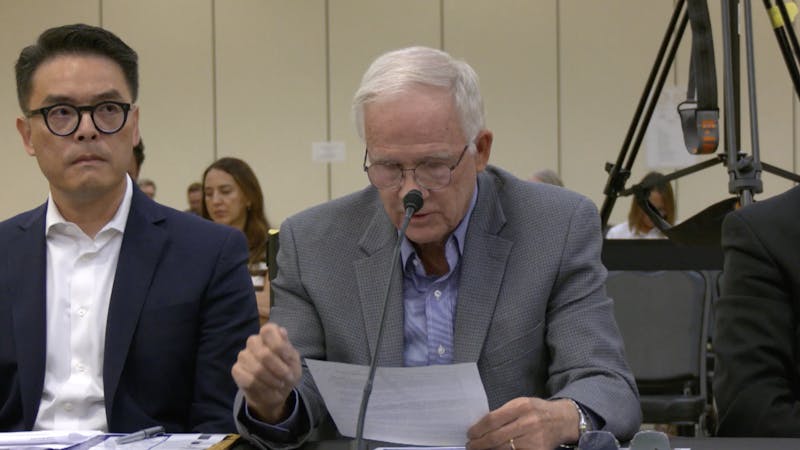Two Rice professors among top 35 women in robotics

Rice professors Lydia Kavraki and Marcia O’Malley were named among 35 Women in Robotics Engineering and Science honorees at the 2022 International Conference on Intelligent Robots and Systems in Kyoto, Japan on Oct. 25. IROS is one of the largest international conferences in robotics and intelligent systems.
Kavraki is the Noah Harding Professor of Computer Science and director of the Ken Kennedy Institute, and O’Malley is the Thomas Michael Panos Family Professor in Mechanical Engineering and associate dean for research and innovation. Additionally, both have teaching appointments across multiple engineering disciplines.
Kavraki said she believes the honor is not singular, but reflective of the work of scores of students who have passed through her lab.
“I’ve been at Rice for all my career, and what I have achieved, I didn’t achieve myself, I achieved it working with the students — graduate, undergraduate, Ph.D. and postdoctoral students at Rice,” Kavraki said. “So it’s a recognition for me, but really, it’s a recognition for the work that has been done by several people in my group over the years.”
O’Malley said the robotics community has been progressive in thinking about representation, and the WiRES award was an opportunity for the community to recognize that there are many groups that are underrepresented, not just women.
“I was really honored to be one of these 35,” O’Malley said. “It was a really nice recognition that captured a lot of folks in all regions of the world and across a number of different sub-disciplines, [and] a nice opportunity to think of the community recognizing that there are groups that are underrepresented. Now we can look to the future and think about future upcoming women, but also other groups that should have equal footing and representation in the field.”
Vice President for Research Ramamoorthy Ramesh said that he was proud of Kavraki and O’Malley’s accomplishments at Rice and recent recognition from IROS.
“They both are superstars at Rice. As Rice embarks on its new journey with a strong focus on research, colleagues such as Lydia and Marcie will be leading the charge into the future with even greater discoveries that will lead to even bigger peer recognition,” Ramesh wrote in an email to the Thresher.
President Reginald DesRoches commended the two women for their achievements as well.
“Lydia and Marcie are doing pioneering research in the field of robotics engineering and science,” DesRoches said. “In many cases, their work has resulted in or is on the brink of finding solutions to problems related to space exploration, new cancer-fighting drugs, rehabilitation robotics, haptics and robotic surgery.”
Both O’Malley and Kavraki pioneer research in robotics, particularly in how robotics can be used to benefit both human health and society at large.
One focus of the Kavraki Lab is using robotics and artificial intelligence to provide human-centered assistance in a variety of applications, from assistive robotics in home or surgical environments to robots that can assist in building space habitats.
“Our goal in robotics is to create systems, robotic systems that will work for people and in the service of people,” Kavraki said. “So while making systems more and more autonomous, [we are always thinking about] interaction with humans, and how we can have these robots accommodate the preferences and the desires of humans.”
Kavraki’s research also specializes in modeling structural biology using computational methods. The lab is currently in collaboration with the MD Anderson Cancer Center, with the long-term goal of developing the design of personalized immunotherapy.
Rahul Shome, a current tenure track lecturer at the school of computing at the Australian National University, worked closely with Professor Kavraki as a postdoctoral researcher from 2020 to 2022. Shome said Kavraki was an empathetic mentor and inspiring scientist.
“[Professor Kavraki]’s impact on the current state of robotics cannot be overstated,” Shome said. “My experience working with her [was] indeed profoundly inspiring. When I joined her lab and even now that I have started on my own academic journey, I cannot help but look back and feel equally starstruck by her brilliance.”
Kavraki said she is excited to continue her research and is looking forward to hosting an AI in health conference next week, with over 300 expected attendees.
In a different vein of biomedical robotics, O’Malley’s Mechatronics and Haptic Interfaces lab studies how human performance can be enhanced with haptic feedback, both in and out of medical settings.
“That haptic or touch feedback might come through an exoskeleton helping somebody rehabilitate from stroke or spinal cord injury,” O’Malley said. “That haptic feedback might be a simple wearable that’s giving a vibration cue to train surgeons … [or] just a really cool, wearable device that can squeeze and stretch the skin and make your interactions in virtual reality feel better.”
O’Malley said she hopes to begin launching surgical skill training using haptic cues, a project that has been in the works since 2005. During training, haptic feedback could be administered in real time while surgeons perform endovascular navigation.
“We’ve done all the proof of concepts, so we know that these performance measures correlate with expertise; we’ve done this feedback in non surgical tasks,” O’Malley said. “We’re getting ready to launch it with a bunch of medical residency programs to test and see will this haptic feedback work for the surgeons, so I’m equally excited and hopeful.”
O’Malley, who also serves as the associate dean of research and innovation, said she is looking forward to expanding research collaborations with industry and increasing faculty proposals across engineering departments to access NIH funding mechanisms.
More from The Rice Thresher

Rice announces Chao College as 12th residential college
Rice announced that the 12th residential college will be named Ting Tsung and Wei Fong Chao College Aug. 19. The college, set to open in fall 2026, will contain nearly 300 on-campus beds.
Dining access fund announced following on-campus unlimited meal swipes
Rice announced new food assistance programs on Tuesday to account for the controversial change in the on-campus meal swipe plan.

Rice disaster prediction model discussed at hearing on deadly Central Texas floods
The House and Senate Select Committees on Disaster Preparedness and Flooding held a hearing on July 31 in Kerrville to address the deadly July 4 flooding in Central Texas. The flooding along the banks of the Guadalupe River killed 108 people, including 37 children. In the charged hearing, Texas lawmakers and flood survivors criticized the local response to the disaster.


Please note All comments are eligible for publication by The Rice Thresher.